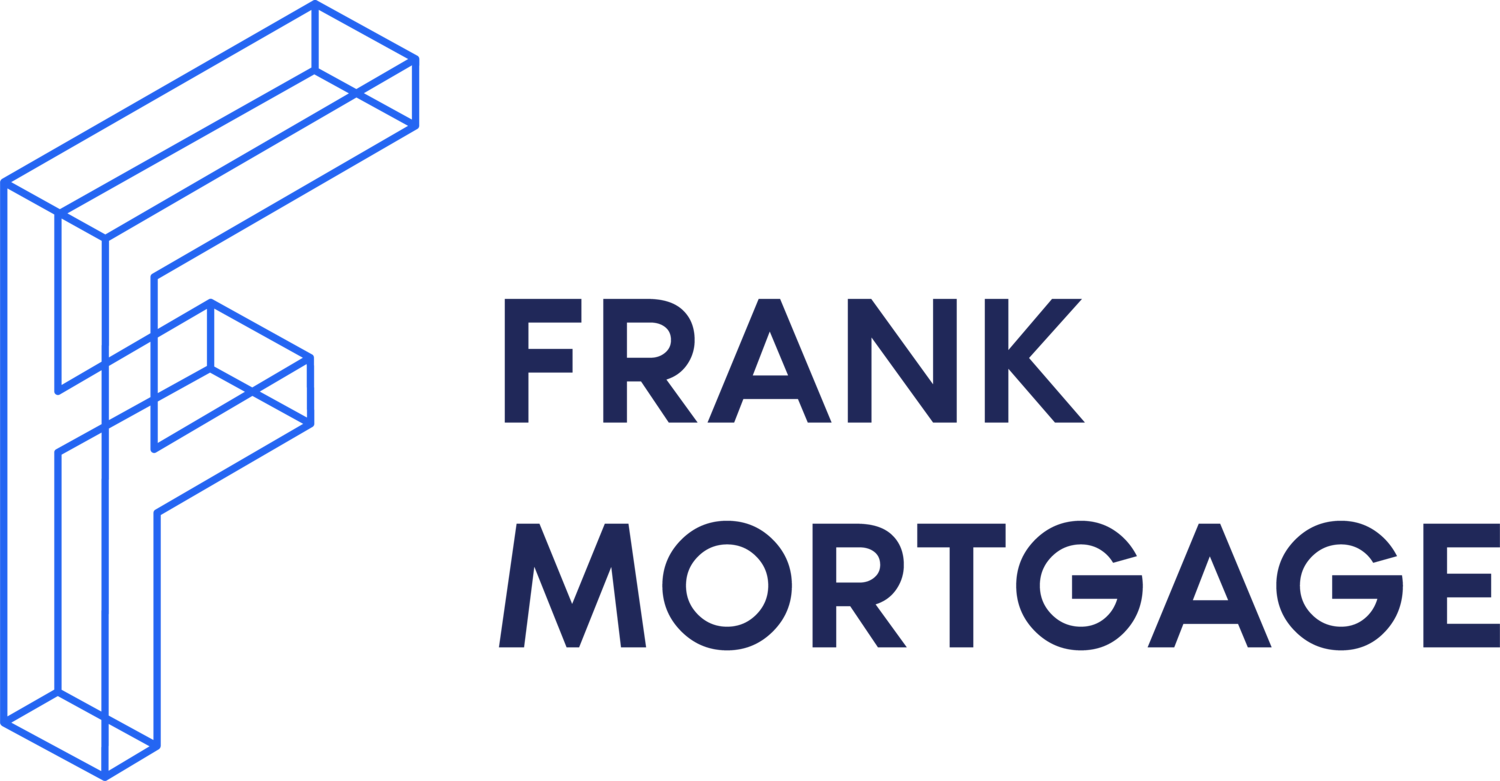Rates Are Rising Again
What Have We Learned?
This Bank of Canada announced this morning that they are increasing their overnight lending rate from 2.50% to 3.25%. This is the fifth interest rate increase by the Bank of Canada this year.
The increase in interest rates this year has certainly had a significant impact on the housing market. The record-low interest rates of 2020 and 2021, led to housing prices increasing significantly faster than incomes or rents. Bidding wars became commonplace in many housing markets, leading to purchase prices well above asking prices. Home buyers were challenged to pay higher prices, but low rates and the proliferation of higher debt ratio Alt-mortgage products helped buyers get the mortgage financing they needed. Now, with mortgage rates rising, many potential home buyers are expecting housing prices to decline while also becoming cautious about taking on a large debt burden. Meanwhile, borrowing power declines with every interest rate increase and home sellers are not yet accepting the new lower price reality.
Interest rates drive housing prices in the short term
Many blamed the recent housing bubble on a lack of supply. While certain Canadian housing markets suffer from a shortage of supply, the main driver of the significant housing froth from 2020 to 2022 was exceptionally low interest rates. Now with rates rising there has been a sudden slow down in sales and a material decline in house prices in many markets. This demonstrates the direct link between interest rates and short-term house price fluctuations. The Bank of Canada has just increased rates again and indicates more rate increases are coming. There is more to come from the key driver of the decline in house prices.
Buyers and Home Buyers Have Been Misled
Borrowers and home buyers have been misled. While rates were low their advisors told them to borrow as much as they can and take variable rates. The Bank of Canada said rates will stay low for long. Comforted by the expert advice, many levered up. Now with the sudden and material increase in interest rates the rug has been pulled out from under them. Saddled with debt and faced with increasing borrowing costs, recent home buyers are now stressed.
As the reality that low rates do not last forever slowly settles in, market participants are being forced to adjust. New home buyers are struggling to afford a home. Many are sitting on the sidelines, waiting for prices to correct to compensate for the increased borrowing costs. Sellers are reluctant to drop their prices to match what borrowers can afford to pay. A slow down in housing sales is the result.
Nobody Knows Where Interest Rates Are Going
Many experts were caught off guard by the recent sudden increase in rates. Not just that rate hikes happened but by how much they have increased. Borrowers need to understand that basing a mortgage financing decision on a prediction of where interest rates may go in the future is a dangerous game. Mortgage brokers and advisors are not interest rate experts and should not be making predictions about where rates are going. They should advise customers what happens to a mortgage when rates change. They should not be predicting where rates are going. Mortgage brokers are not educated or trained on these matters – in fact, those that are, do not take interest rate risk because they understand that they do not know where rates are going.
Rates may drop if the economy slows down. Rates may increase further if inflation stubbornly remains high. Rates may stay level for an extended period as central banks try to balance fighting inflation with maintaining economic activity. Nobody knows for sure. There are too many unknown variables to consider over the long term. In the short term, the Bank of Canada has stated that “rates need to rise further” to fight inflation. Pay attention to that.
Demand Still Exists
The slowdown in home sales is not surprising to see in an increasing interest rate environment. Buyers are reluctant to purchase a new home when they believe that prices may drop further. They are wary of taking on a large financial obligation during a period of uncertainty. This has demand sitting on the sidelines, but it still exists. Once the market stabilizes and the way forward is clearer, we anticipate that home sales will recover. The supply shortage will place a floor under housing prices but we do not think that the market will normalize until it is apparent that the Bank of Canada has inflation under control
Inflation May Persist
Until recently, the Bank of Canada had been easing rates for several years. Now that inflation has set in at levels not seen in decades, they are compelled to raise rates to bring inflation back under control.
Historically, central banks have not been able to tame inflation until the rates they set rise to a level above the inflation rate. This is a scary thought in today’s circumstances where rates have risen dramatically but are still materially below inflation. Inflation levels in the coming months will determine the next moves by the Bank of Canada.
Will the Bank of Canada Raise Rates Again?
The Bank of Canada has now increased their overnight interest rate five times in 2022, for an aggregate increase of 3.0%. This is the largest aggregate increase in rates since 1994. Is it enough?
Many experts have recently been optimistically stating that the Bank of Canada won’t increase rates again this year. Compare this view with today’s statement from the Bank of Canada that "Given the outlook for inflation, the Governing Council still judges the policy interest rate will need to rise further”. This statement from the Bank of Canada should dampen such optimism.
While it is difficult to be confident in any interest rate prediction, we should all pay attention to the Bank of Canada statements. There is still a real possibility that the Bank of Canada will raise rates further in 2022.
Conclusion
The recent increase in interest rates has had a negative impact on the housing market. While the short-term impact on the market is concerning, it is important to remember that the long-term impact has yet to be determined. This uncertainty has many taking a pause. A stabilisation in rates and an adjustment in pricing expectations seem necessary to kickstart the market once again.
If you need to buy a house now, consider protecting yourself against continuing rate increases by getting a rate hold while you look for a house and taking a fixed rate mortgage to protect yourself against future rate increases. The peace of mind of having a fixed rate and stable mortgage payment may be worth the cost to many.
If you want mortgage advice on what changes in interest rates can mean to a mortgage borrower, without any imprudent interest rate predictions, please reach out to us at Frank Mortgage. You can call us at 1-888-850-1337 or find us at www.frankmortgage.com.

Don Scott
Don Scott is the founder of a challenger mortgage brokerage that is focused on improving access to mortgages. We can eliminate traditional biases and market restrictions through the use of technology to deliver a mortgage experience focused on the customer. Frankly, getting a mortgage doesn't have to be stressful.
Connect with Don on LinkedIn!


